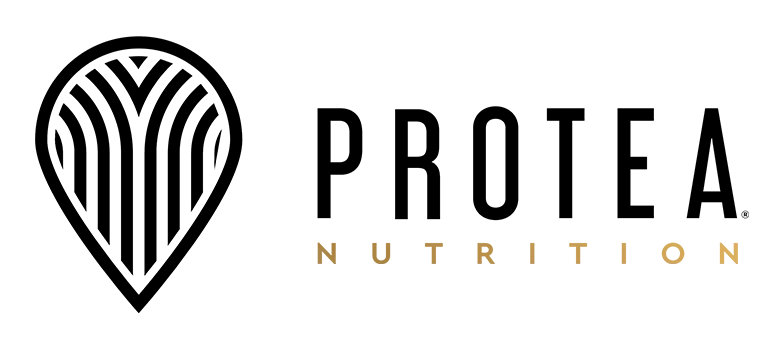Polycystic Ovary Syndrome (PCOS) is a complex hormonal disorder affecting up to 10% of women of reproductive age. It is characterized by irregular menstrual cycles, insulin resistance, ovarian cysts, weight gain, acne, and sometimes infertility. Although conventional treatments often include hormonal birth control or insulin-sensitizing drugs, many women are turning to natural approaches for symptom management. This is where supplements like Baseline+ may offer promise, targeting the root causes of PCOS symptoms through carefully selected ingredients.

One of the cornerstone ingredients in Baseline+ is myo-inositol, a naturally occurring compound that has been extensively studied for its benefits in women with PCOS. Research shows that myo-inositol can improve insulin sensitivity, restore ovulation, and regulate menstrual cycles. In a 2011 study published in Gynecological Endocrinology, women taking myo-inositol experienced improved ovulatory function and hormonal balance without side effects common in pharmaceutical treatments. This makes it a valuable alternative for those seeking a more holistic path.
Another powerful compound found in Baseline+ is chaste berry (Vitex agnus-castus), a botanical traditionally used for menstrual irregularities. Chaste berry is thought to work by modulating prolactin levels and supporting luteinizing hormone (LH) balance, both of which are often disrupted in PCOS. A 2014 review in Planta Medica found that chaste berry improved menstrual regularity and reduced PMS symptoms, making it ideal for supporting hormone rhythm in PCOS-affected individuals.
DIM (diindolylmethane) and maca root are additional ingredients that help address hormonal imbalance. DIM aids in estrogen metabolism, promoting the breakdown of "bad" estrogen metabolites that can exacerbate PCOS symptoms such as acne and irregular periods. Maca root, meanwhile, acts as an adaptogen, supporting endocrine function and reducing stress-induced hormonal imbalances. The synergy between these ingredients enhances the overall hormonal landscape, giving Baseline+ a multi-targeted approach.

"I struggle with PCOS, low libido, hormonal acne, I could go on and on. Baseline has literally been a life changing supplement. Everything has gotten back on track, including my sex life so it’s boyfriend approved as well! :) Thanks a million Protea team for this amazing product." -Kimberly J.
For women seeking natural, scientifically grounded alternatives to manage their PCOS, Baseline+ offers a thoughtful combination of ingredients with proven benefits. By addressing insulin resistance, hormonal irregularities, and stress response, Baseline+ supports a more balanced and symptom-free life. As always, it’s essential to consult with a healthcare provider before beginning any supplement, especially for a condition as individualized as PCOS.
The contents of this blog should not be taken as medical advice. It is not intended to diagnose, treat, cure, or prevent any health problem-nor is it intended to replace the advice of a physician. Always consult your physician or qualified health professional on any matters regarding your health. These statements have not been evaluated by the Food and Drug Administration. This product is not intended to diagnose, treat, cure, or prevent any disease.
Sources:
- Genazzani AD et al. (2011). Myo-inositol administration positively affects hyperinsulinemia and hormonal parameters in overweight patients with polycystic ovary syndrome. Gynecological Endocrinology, 27(9): 706-710.
- van Die MD et al. (2013). Vitex agnus-castus extracts for female reproductive disorders: a systematic review of clinical trials. Planta Medica, 79(7): 562-575.
- Higdon J, Drake VJ. (2023). Diindolylmethane (DIM) – Micronutrient Information Center. Linus Pauling Institute, Oregon State University.
- Brooks NA et al. (2008). Maca reduces blood pressure and improves mood in postmenopausal women. Menopause, 15(6): 1157–1162.

Share:
Stay Focused During Your Workout: The Role of Magnesium in Boosting Mental Clarity and Performance
Understanding Stress: How Men and Women Experience It Differently and How to Manage It